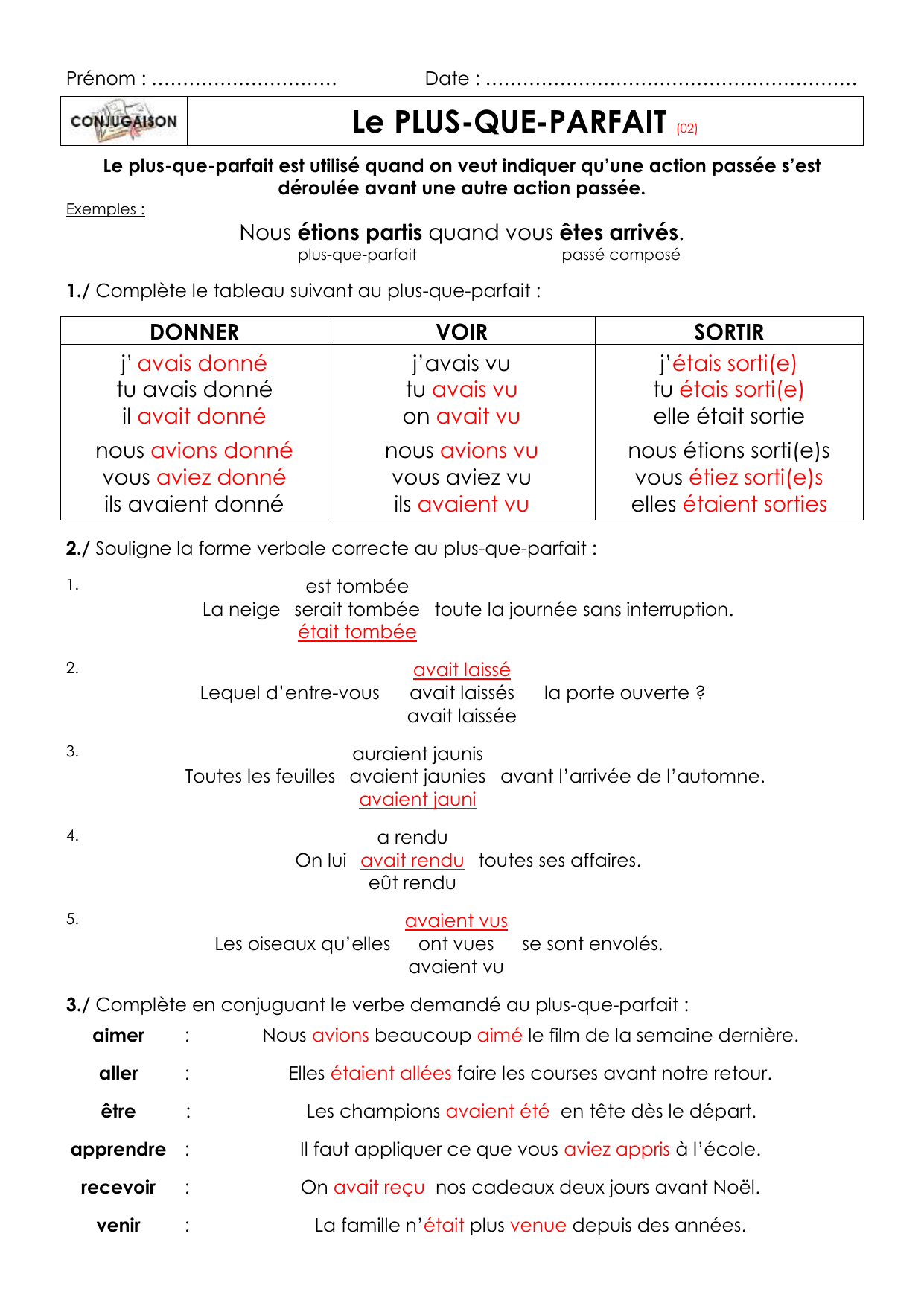

These verbs all end in ‘indre’ and all follow the same conjugations.Ītteindre – to attain, to reach j’atteins if the auxiliary verb is être, add “e” or “s” to the past participle to match the subject in gender and number conjugate the auxiliary verb (être or avoir) in the future tenseģ.

for verbs whose auxiliary is être, add “e” or “s” to past participle to match it with subject in gender and numberġ. conjugate auxiliary verb (avoir or être) in the conditionalģ. for verbs that use être as their auxiliary verb, add “e” or “s” to past participle to match the subject in gender and numberġ. conjugate the auxiliary verb (être or avoir) in imparfaitģ. The plus que parfait is the tense that happened before the passé composé.Įx : We haD already left when they arrived.ġ. for verbs with être in passé composé, add “e” or “s” to past participle to match the subject in gender and number

conjugate auxiliary verb (avoir or être) in present tenseģ. Passé Composé = verbed, did verb, or has / have verbedġ. Other than the tense of the auxilary verb, ALL the composed tenses are done just like passé composé. The only thing that changes between the tenses is the tense of the auxiliary verb. This means that they all have an auxiliary verb (avoir or être) plus a past participle. The passé composé, plus que parfait, the conditional past, and the futur anterieur are all composed tenses. Servir de – to be used as, to act as, to be Manquer de – to be lacking of (il manque de dignité) Manquer – to miss (j’ai manqué l’autobus) Manquer à – to miss (backwards – I miss you – tu me manques) Penser à – to think about (mind wandering) – other verbs whose meanings change depending on preposition Être persuadé de – to be persuaded to, about S’occuper de – to take care of, be in charge of, to deal with

Remercier de – to thank for (followed by an infinitive)Ĭhanger de – to change (clothes, address, etc.)Īppuyer sur – to push (a button, the accelerator, the brakes) Tenir à – to insist on something, OR to be fond of, to be attached to Échouer à – to fail at (because you always fail AT something. Réussir à – to succeed at (because you always succeed AT something. – verbs that take a preposition in English, but nothing in French These are verbs to get solid and not mix up.


 0 kommentar(er)
0 kommentar(er)
